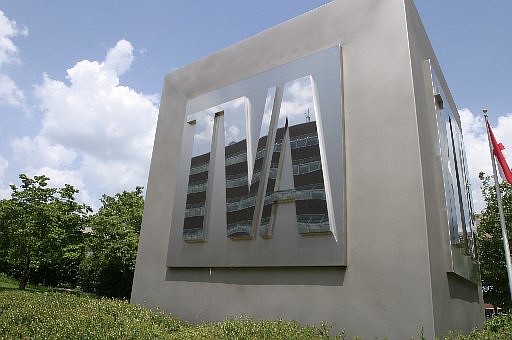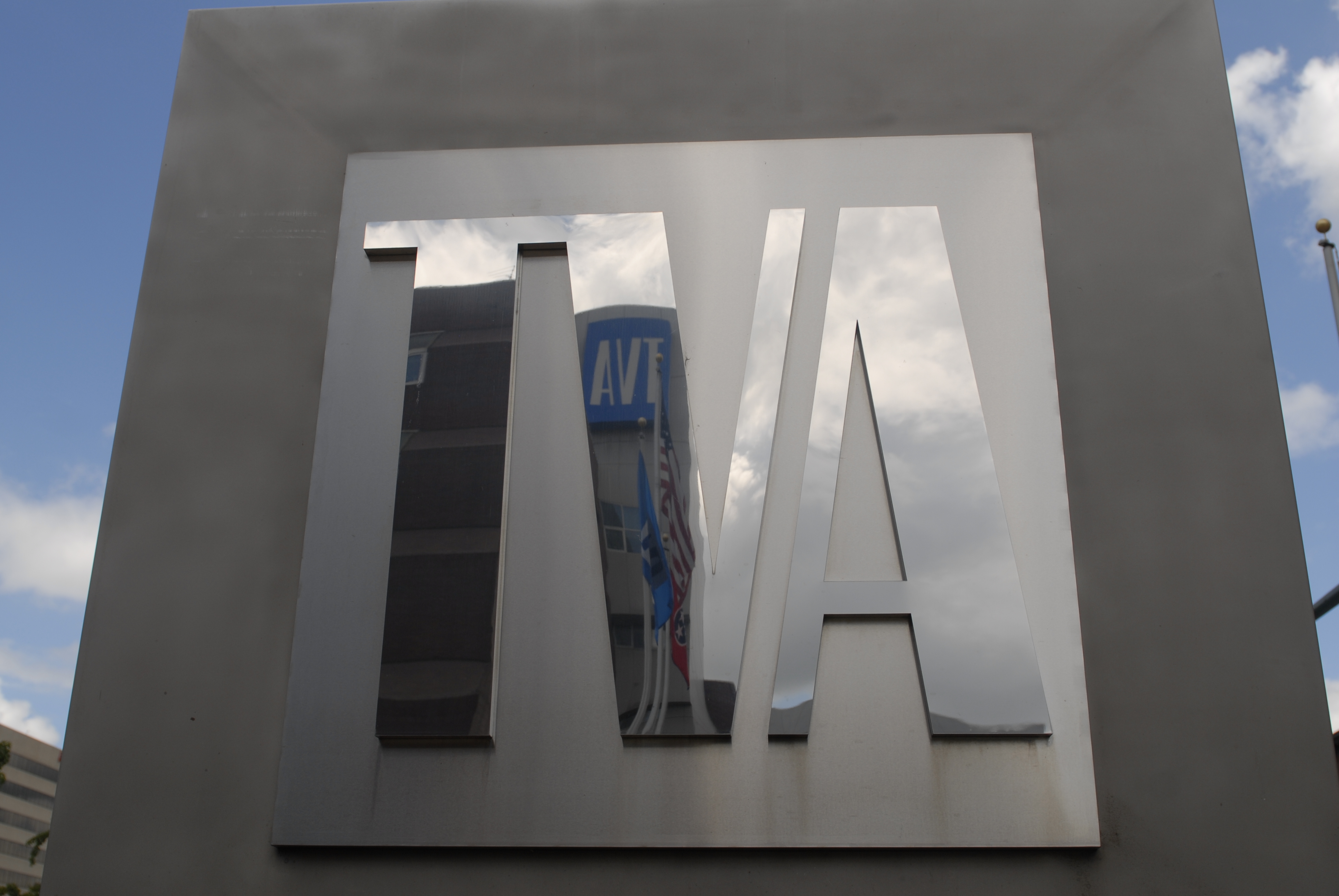The economic recovery this year is proving less powerful for industry in the Tennessee Valley, at least in the consumption of electricity by the biggest manufacturers in the region.
While the stock market is climbing to record highs, industrial power sales are falling in the seven-state region served by the Tennessee Valley Authority.
The unexpected decline in industrial power sales has sparked an appeal from big industry for TVA to revamp its electricity rates to make the region more competitive for major power users.
"A lot of people have the perception that TVA still has very low-cost power, but I'm afraid that's not always true any longer," said Pete Mattheis, an attorney for Nucor Steel and chairman of the Tennessee Valley Industrial Committee, which represents the biggest industrial customers served directly by TVA. "It's not just that TVA's costs have gone up. It's also the way that they have passed those costs along and, in many instances, that has been detrimental to large industry."
The Tennessee Valley Industrial Committee is urging TVA to revamp its rates to help keep and grow more industry in the Valley, which industrial leaders insist would help TVA's financial condition.
TVA's direct sales to its biggest industrial customers fell 8.2 percent in the first half of the utility's current fiscal year and could decline further unless TVA's biggest industrial customer resumes production. Industrial power sales by TVA were down $105 million in the six months ending March 31 compared with the year-ago period.
The U.S. Enrichment Corp. -- TVA's biggest industrial customer -- is planning to idle its enrichment plant in Paducah, Ky., at the end of May, which could further hurt TVA industrial sales. USEC extended its contract with TVA last year to keep operating its Paducah enrichment plant. But a lack of demand is leading USEC to cease enrichment in Kentucky this spring and rely on sales of Russian-sourced fuel and current inventories to meet its contracts until the company's Advanced Centrifuge plant comes online in several years.
Even beyond USEC, overall industrial sales for TVA are down so far this year.
TVA Chief Financial Officer John Thomas blamed the decline on the weak recovery in some industrial sectors and seasonal changes industry is making in response to more demand and energy charges in their rates.
"We are seeing reduced demand over the intermediate term and we're assessing what that may mean over the long term," Thomas said in a recent conference call with industry analysts. "The demand results overall are coming down from our perspective."
Thomas and TVA President Bill Johnson recently met with major industrial customers to assess the lagging sales and discuss possible remedies. Johnson said those talks are ongoing, but he pledged to work on TVA's competitiveness.
"We are intensely focused on economic development and in bringing new jobs and industry to the valley and in making sure that the ones that are here are healthy and successful," Johnson said. "We are strongly interested in helping businesses come here and thrive here."
John Van Mol, executive director for the Tennessee Valley Industrial Committee, said many manufacturers that operate in the Tennessee Valley also have plants around the globe and the TVA-served plants must compete for business. When power rates are higher in the Valley, energy-intensive businesses shift production elsewhere, he said.
"There might be some type of short-term program that might get some idle production capacity in the Valley back into production," Van Mol said.
TVA attracted major energy users such as Alcoa, Nucor Steel and Reliable Steel in the past because of its comparatively cheap power rates. TVA still has some of the most reliable power in the country and its residential rates remain below the U.S. average, in part, because of the benefits of cheap hydroelectric power that is assigned primarily to residential and farm customers.
Although TVA attracted polysilicon makers Wacker Chemical and Hemlock Semiconductor in the past three years, other industrial customers are not so favorable about TVA rates.
Industrial rates rose about 70 percent from fiscal 2003 through fiscal 2012, Mattheis said.
"We've seen electric rates go up all over the country, but I think TVA's rate increases have been particularly steep," he said. "We know that TVA is looking at its rate structure so we're hopeful some improvements may come."
Contact Dave Flessner at dflessner@timesfreepress.com or at 757-6340

